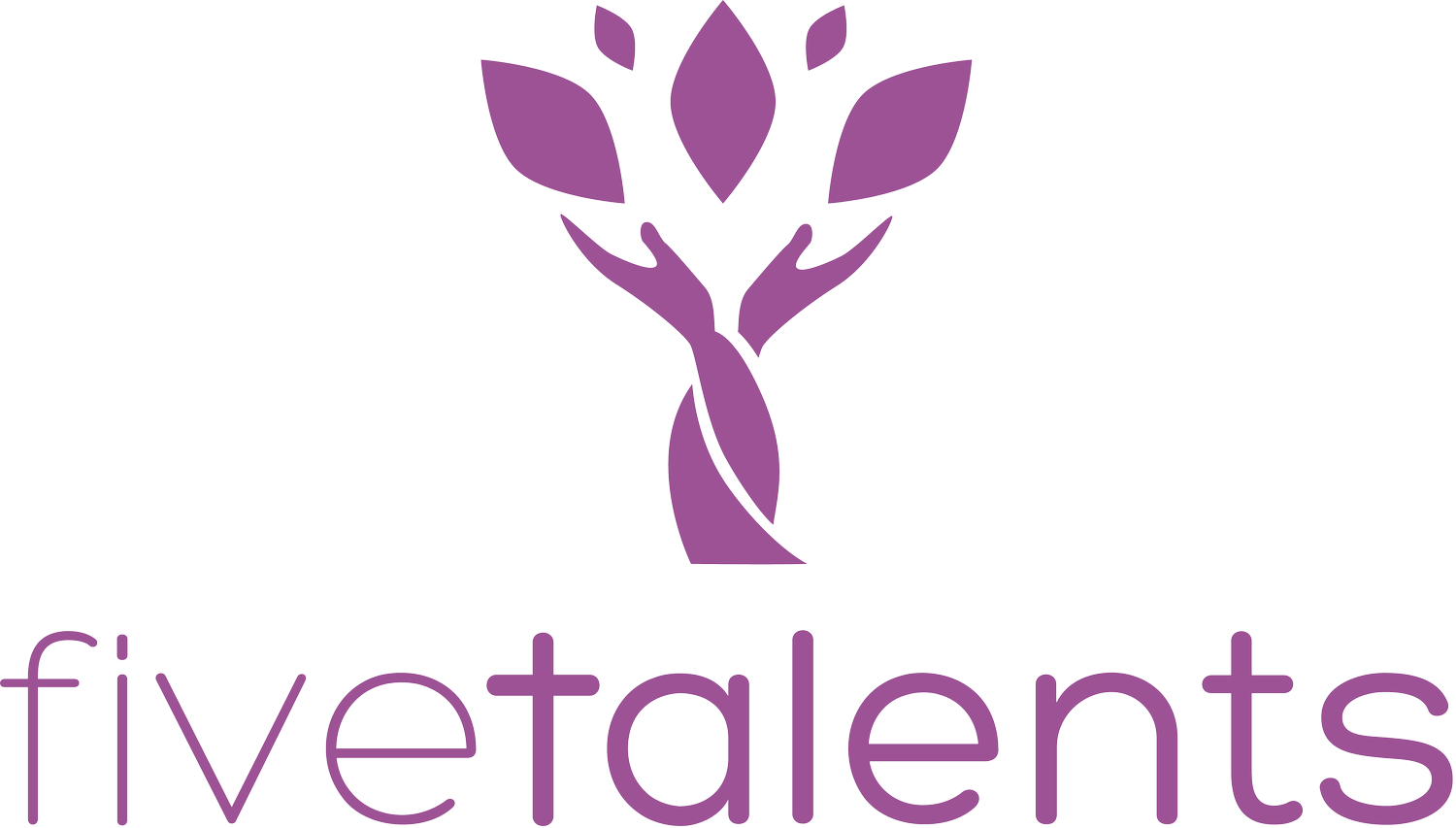Imagine being away from your home for up to 30 years. What would it be like to come back and start again?
Residents of Myanmar who fled war are now returning home from an extended exile. Long considered one of the world's most closed countries, Myanmar has been stifled by a half century of isolation and military dictatorship.
One of the poorest countries in Southeast Asia, Myanmar's economy was controlled by a military elite, notorious for violence and destruction of natural resources. In areas like Kayin, the quest for autonomy continued in a decades long war with the central government. Over the years, tens of thousands of refugees fled their homes to Thailand. Following recent reforms and a transition from military to civilian rule, many are now returning back home.
Empowering Poor Communities in Myanmar
Five Talents has worked for years behind the curtain, developing a grassroots network of savings groups and cooperative businesses in Myanmar alongside the Anglican Church. In 2016, Five Talents began a new work with returned refugees in the Diocese of Hpa-An.
Families who fled their homes in haste, have returned after a generation in exile. Their homes in disarray and the landscape overgrown from years of neglect, these families are starting from scratch and hoping to build a brighter future for their children.
Five Talents is working with the Mother's Union in Hpa-An with support from Anglican Oversees Aid to reach two hundred refugees. Many of these returned refugees have had little access to education, and therefore programs begin with basic literacy and financial training. Participants then learn business skills and join community savings groups.
Most of the participants are small scale farmers and in the savings groups they will begin to save $2 to $5 per month. While this amount may seem small, when it is pooled together the groups will be able to use their investments to develop cooperative businesses. Our previous work in the area has shown that such businesses can provide steady income to the members along with a roughly 9% return on savings.
The cooperative business model means accessible capital for business startup, diversified risk, collective labor, and shared profits. It also means improved market share and the ability for the poor to compete against more established military-owned businesses.
The training and business development programs aim to reach 1,000 beneficiaries in Hpa-An, by 2019.
Learn more about Five Talents programs in Myanmar.


